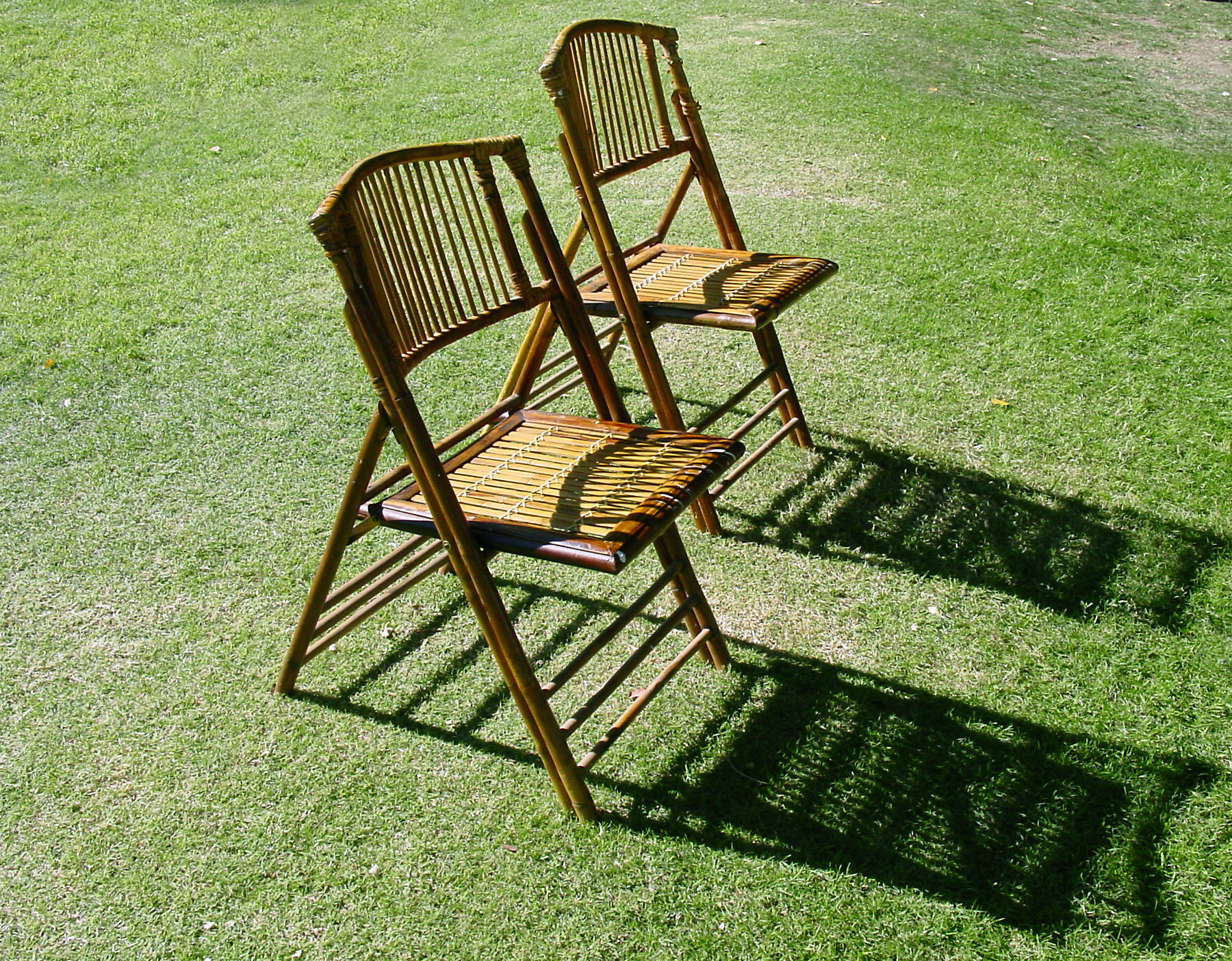WEDNESDAY, Jan. 18, 2017 (HealthDay News) — Seniors who receive an implantable cardioverter defibrillator (ICD) have high survival rates, a new study finds.
An ICD — which is placed under the skin and connected to the heart with wires — detects an irregular heartbeat and delivers an electrical shock to restore normal rhythm.
In the study, researchers analyzed data from more than 12,400 Medicare patients, aged 65 and older, who received an ICD after sudden cardiac arrest or a nearly fatal fast heart rhythm.
Nearly 80 percent of the patients survived two years after receiving the implanted device, according to the study published Jan. 16 in the Journal of the American College of Cardiology.
More than 65 percent of the patients were hospitalized during the two years after receiving an ICD. Rates ranged from 60.5 percent among those younger than age 70 to 71.5 percent among those 80 and older.
About 13 percent of patients younger than 70 and nearly 22 percent of those 80 and older were admitted to a skilled nursing facility. The risk of being admitted was greatest in the first 30 days after the procedure.
The older the patient, the greater the risks of either hospitalization and admission to skilled nursing facility.
In older patients, there’s a risk that sudden cardiac arrest and heart rhythm problems will happen again, according to study author Dr. Frederick Masoudi. He is chief science officer at the National Cardiovascular Data Registry at the American College of Cardiology.
Still, “I was surprised to see the survival rates in our study were as high as they were,” Masoudi said in a journal news release.
The findings suggest doctors are doing a good job of selecting elderly patients for ICDs, Masoudi said.
However, the author of an editorial that accompanied the study offered a caveat.
While these older patients “may have reasonable overall survival, they also have significantly high rates of admission to hospitals and skilled nursing facilities, with no clear evidence of mortality benefit from the device,” said Dr. Sumeet Chugh. He is the associate director of the Cedars-Sinai Heart Institute in Los Angeles.
More information
The U.S. National Heart, Lung, and Blood Institute has more on ICDs.
Copyright © 2026 HealthDay. All rights reserved.

